Recent, Happening Now
January 29, 2026
WEST COAST AND CALIFORNIA LOGISTICS BLOG
Subscribe to instant updates library group background effect move style move subtract object pencil fill invite.
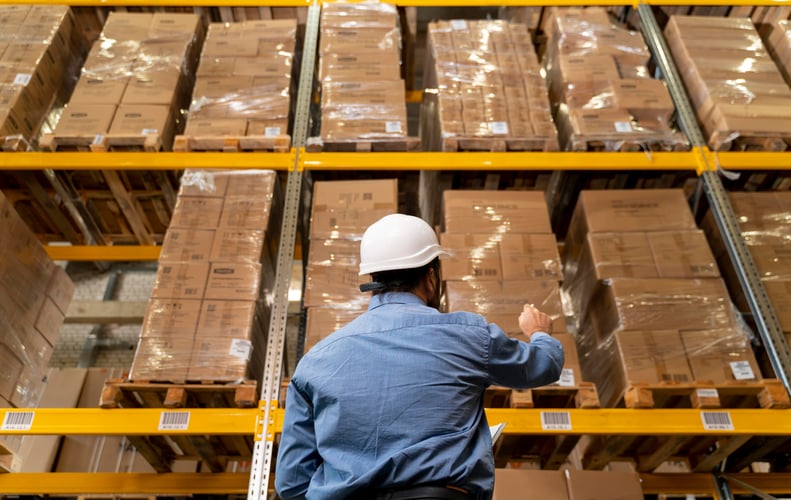
FILTER BY TOPIC
Recent Blog Posts
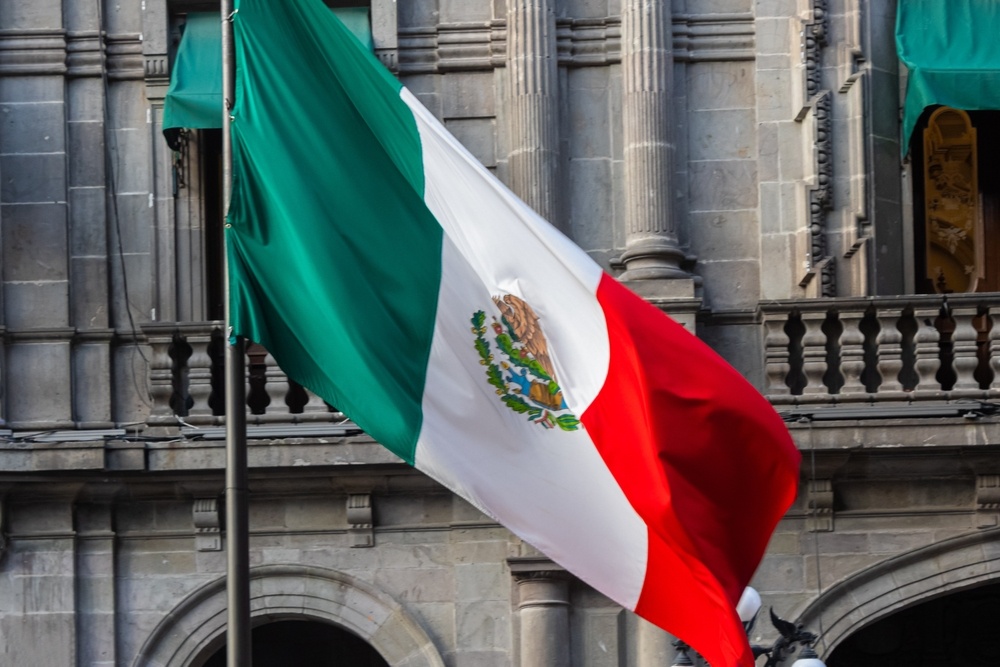
Recent, Happening Now
January 21, 2026
Understanding Mexico’s IMMEX Program and What It Means for US Shippers
Mexico remains a vital part of many U.S. companies’ supply chain strategies. One major reason for this is the IMMEX program. But recent policy changes have significantly altered how IMMEX operates —...
Recent, Happening Now
December 22, 2025
Weber Logistics’ Most-Read Blog Posts of 2025
As 2025 comes to a close, we’re taking a moment to look back at the Weber Logistics blog posts that resonated most with our readers this year. From navigating California’s evolving regulatory...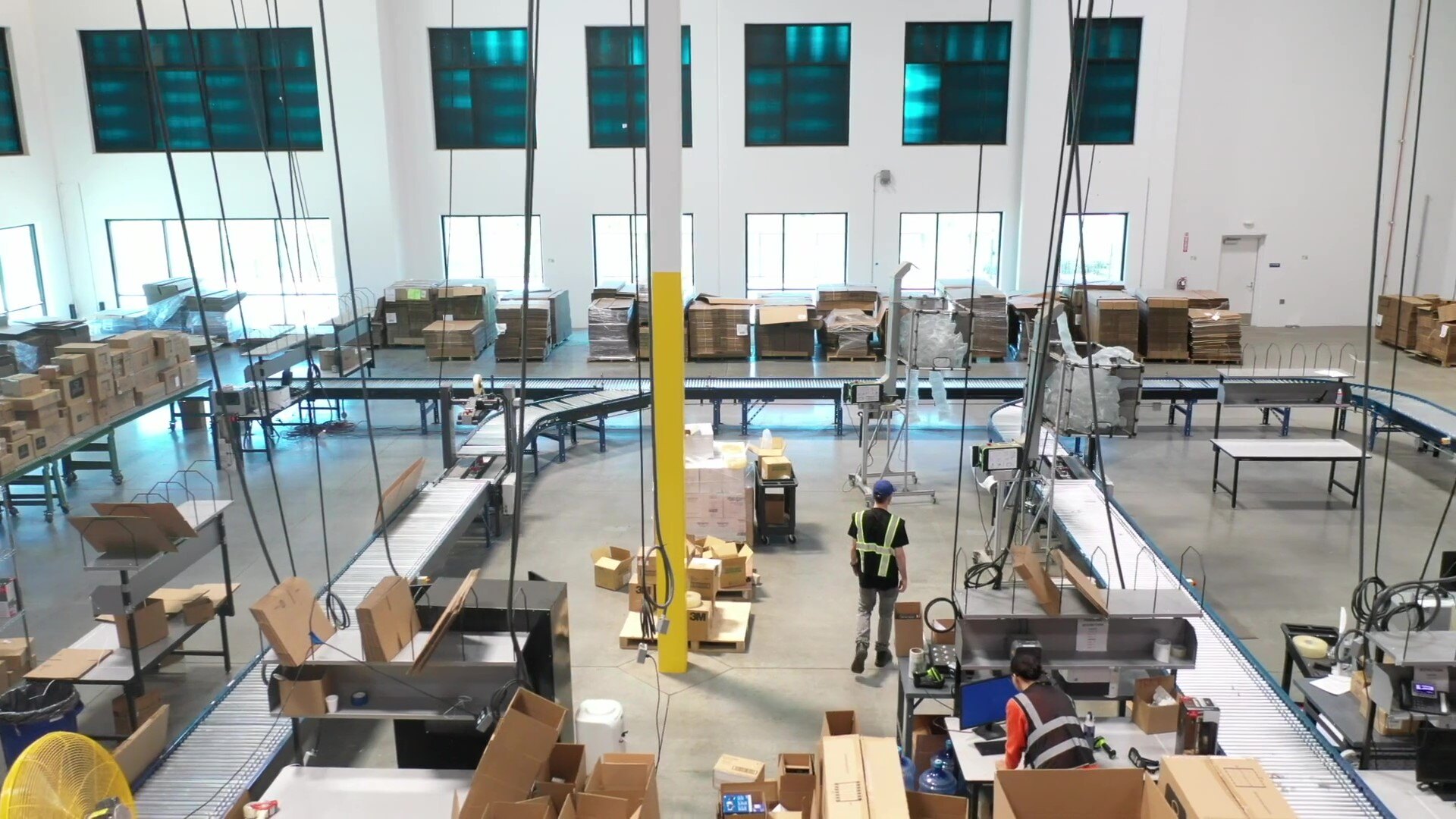
Recent, Happening Now
November 21, 2025
Why You’re Better Off Leaving Automation to a 3PL
In today's logistics landscape, warehouse automation is no longer a futuristic luxury — it's a necessity. But as companies face rising consumer expectations, tighter margins, and labor shortages, the...All Blog Posts
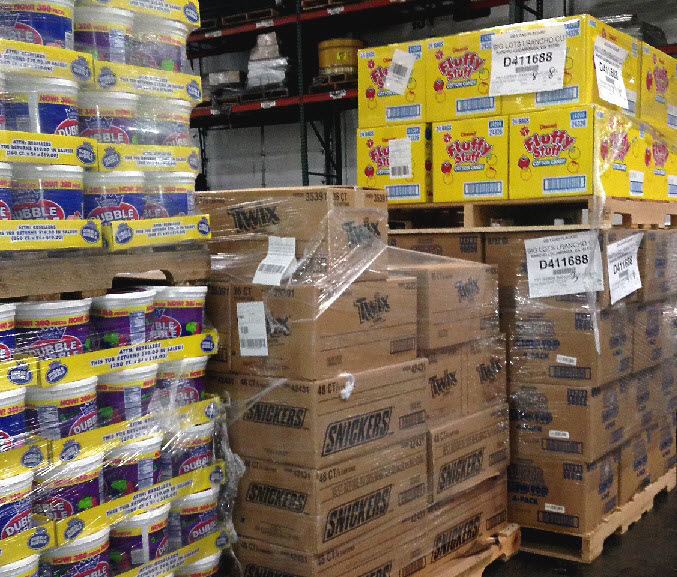
Food Supply Chain
March 15, 2018
Food Distribution Logistics: Finding a 3PL Who Has What It Takes
Handing all or part of your food distribution operation over to a third-party logistics (3PL) provider may seem like a leap of faith. After all, you’re relying on the 3PL’s ability to maintain food...
Food Supply Chain
March 4, 2018
Choosing a Food-Grade Warehouse: 5 Areas to Evaluate
When outsourcing warehouse distribution, it’s essential to find the right 3PL partner. One that understands how to run a food-grade warehouse and remain in compliance with all regulatory...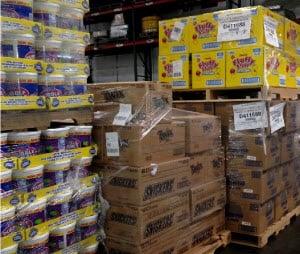
Temperature Controlled Warehousing
October 22, 2014
Freight Consolidation Strategy Provides Sweet Savings
Most retail replenishment orders require the use of higher cost, less-than-truckload (LTL) freight for final-mile delivery. As a result, small and mid-sized companies struggle to meet daily retail...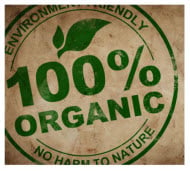
Food Supply Chain
May 7, 2014
Organic Food Storage: Key Considerations
The definition of “organic:” of, relating to, or derived from living matter. "Organic soils"Sounds healthy, doesn’t it? Millions of people have adopted organic foods for many of their main diet...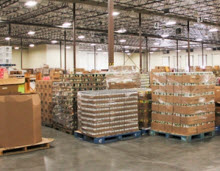
3PL
April 10, 2014
Food Warehouse and the Food Safety Modernization Act
Is your food warehouse compliant with the Food Safety Modernization Act (FSMA)?The FSMA was signed into law in January 2011 in order to increase the FDA’s role in monitoring and policing food...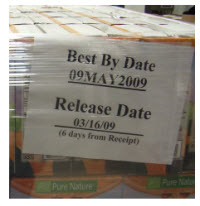
3PL
August 28, 2013
How to Choose the Right Food Logistics 3PL
You know the perils of food logistics. Let your guard down, and a truckload of perishables turns into an unsellable mess. Or you get stuck with racks full of canned goods nearing their sell-by date. ...Subscribe to Instant Updates
Component variant main layer object list link mask create follower main vertical image blur comment bold variant opacity plugin italic.


 Capital Management
Capital Management